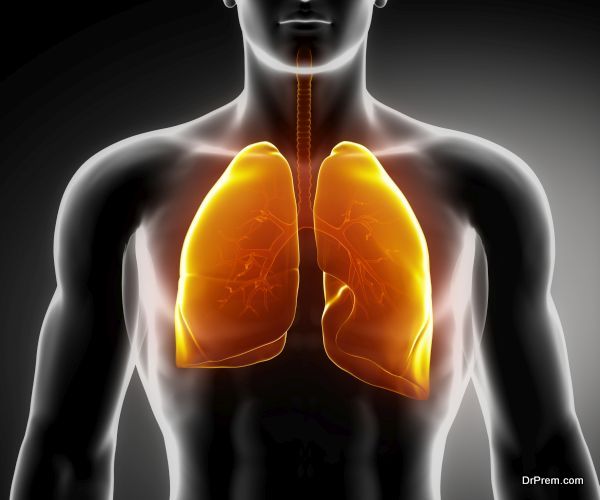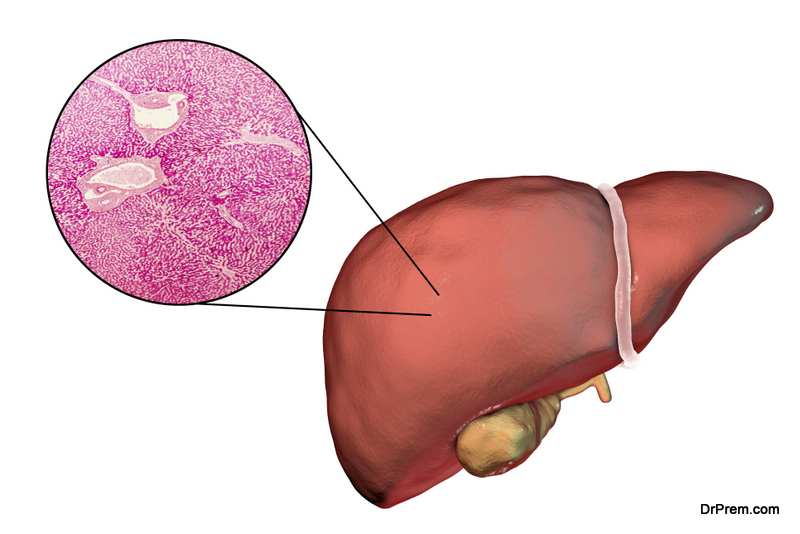The first direct reference to theuse of cannabis for medical purposes is in 2737 BC, relating to mystical Emperor Shen Neng of China. These writings exaggerate the medicinal effects of the drug more than the intoxicating effects. Citing its use as a potent medication for cases of rheumatism, gout, malaria and pain, these writings suggest that cannabis has been used for its beneficial properties since ages. Its use gradually spread from China to India, North Africa and reached Europe by 500 AD. Here are some medical benefits of marijuana:
Easing pain in multiple sclerosis and neuropathic pain in patients with spinal cord injuries
A study published in the Journal Of Pain cited the use of vaporized cannabis in patients with neuropathic pain related to spinal cord injury. Such a pain is triggered due to altered sensory processing following aninjury to neurons. In the 3-hour study, scientists found asignificant decrease in pain after asingle dose of vaporized cannabis to patients.
Jody Cory Bloom conducted another study to study patient of multiple sclerosis. 30 patients with highly painful spasms were studied. The patients had failed to find potent relief in pain from other conventional drugs. After inhaling medical marijuana for a few days the cases reported with relief. This was found to be because of the active ingredient called THC, which bonded to the receptors in muscles and prevented painful contractions.
Effects on patients with Parkinson’s disease and epileptic seizures
Long before the use of dopamine was known to doctors, tinctures of cannabis were used to calm tremors in patients with Parkinson’s disease. Researchers in Israel conducted an observational study of 22 patients with the disease by measuring them on the Unified Parkinson Disease rating scale.
The patients were first tested to record baseline performance and the second observation was made 30-minutes after inhaling the smoke of the herb. The study revealed improved motor skills, fewer tremors, decreased rigidity and slow movements and also improved sleep and pain scales.
Another study in 2003 was conducted on lab mice and concluded that extracts of marijuana had helped reduce the episodes of epileptic seizures. This was attributed to THC binding to cell receptors.
Effects on lung

It is common to mistake the herb as a potent cause of lung cancer, but a study has confirmed that smoking tobacco products were far more detrimental to the health of lungs. THC in marijuana was found to reduce tumor growth by 50% in lung cancers. This study also opened a new avenue where the active metabolite could potentially be used for cancer treatment. In addition to the effect of the metabolite on carcinogenic growth, lung capacity is increased by forceful inhalations of the herb.
Treating brain cancer with marijuana
80% of all malignancies in the brain are gliomas. Scientists from Spain have been extensively studying how marijuana effects glioblastoma cells and their observations are nothing short from miraculous. THC in marijuana cuts off the blood supply to tumor cells, this causes starvation and actual tumor cell death. Another magnificent effect that was observed was the re-establishment of the programmed cell death. Cancer cells are aggressively growing because they lose the internal metabolism called apoptosis. THC caused the cells to auto-digest (autophagy) causing a rapid decrease in cell count.
Protects the brain after a stroke
Over its established role in decreasing stress-related health issues , cannabis has also been researched as a brain protector recently. These studies have revealed that the herb can decrease the effects of a stroke by limiting it to a much smaller area. This, in turn, prevents brain-death. The same effect has also been seen in brain concussion where the drug was found to have a healing effect for faster recovery.
The first state to legalize marijuana for medicinal benefits was California in 1996. After in-depth researches and unveiling of some extraordinary benefits that can be drawn from the herb, 28 other countries joined in and legalized cannabis for medical purposes.








